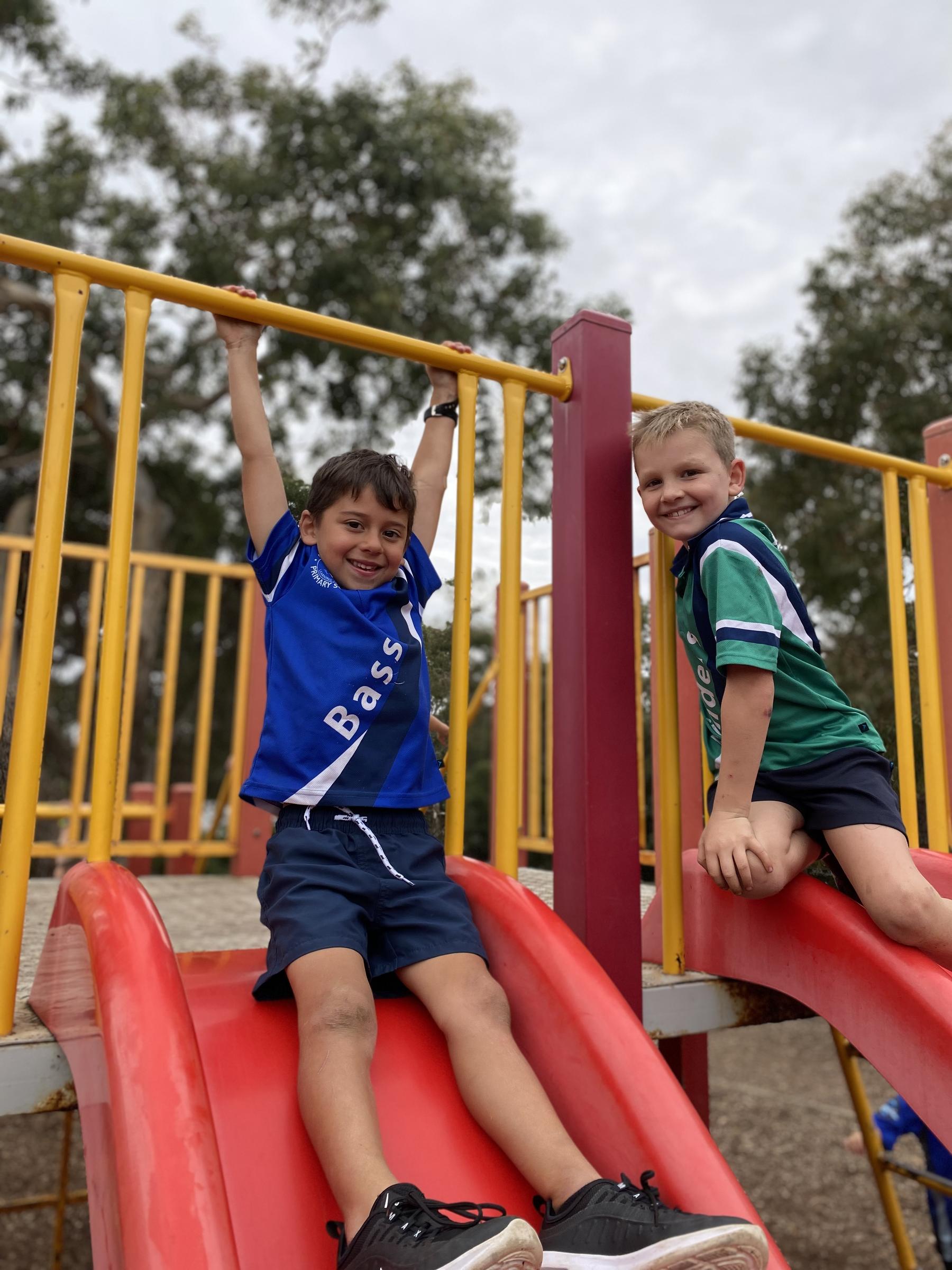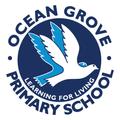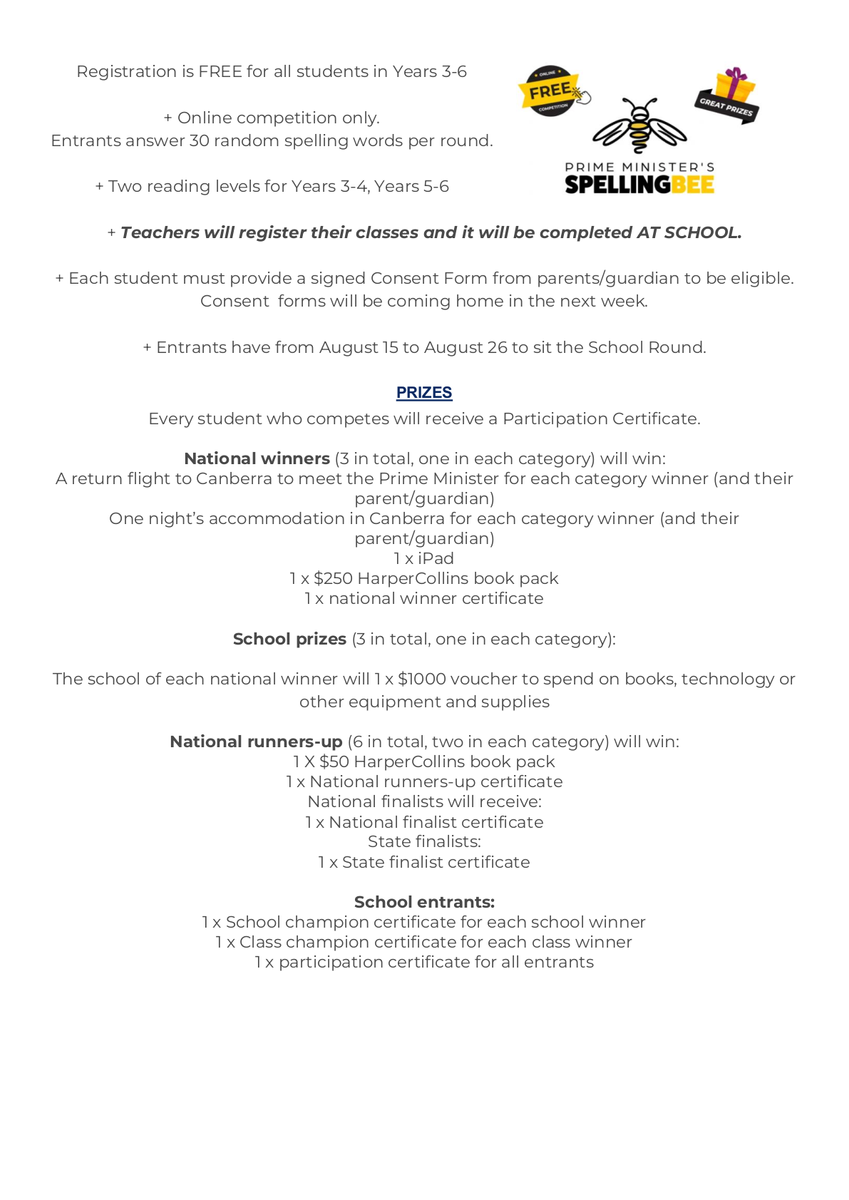Curriculum In Focus

Awareness Through Education #7 Stages of Friendship
On Friday 29th of July it was the International Day of Friendship. While making friends sounds fairly simple, many students find connecting with others incredibly challenging.
It is worth noting that simply making a friend requires a series of complex skills, and knowing what each stage looks like can be extremely beneficial for parents and teachers.
Professor Tony Attwood, who is considered one of world’s foremost experts on Autism Spectrum Disorder, describes 3 stages of the ‘social curriculum’:
Stage 1 (Early Years)
- Entry skills [cues, greetings and welcome]
- Assistance [given, sought, copes with]
- Accepting suggestions [incorporating ideas, agreement]
- Reciprocity [conversation, activities, not dominant or subordinating]
- Sharing [resources, attention]
- Interest [listening, looking]
Stage 2 (Middle Years)
- Compliments [given and received]
- Criticism [appropriate]
- Cooperation [contributes to common goal, accepts the rules of the game, patient, aware of personal body space, copes with mistakes, interruptions, gives encouragement]
- Conversation [keeps on track, avoids monologue, literal interpretation, volume, humour]
- Conflict resolution [compromise, avoids ager, unfair, forgives]
- Empathy [recognizes the signals, words and gestures of support and affection, not possessive, apologizes]
Stage 3 (Later Years)
- Peer group [fitting in appropriately]
- Trust [making disclosures and being understood by friends]
- Friendship compatibility [finding the right qualities in friends]
- Self-acceptance
Tony Attwood acknowledges that modern day social demands are only increasing for our children.
“It used to be much easier at school 30 years ago. Sit at a single desk and digest information. Now there is lots of group work, round table inquiry-based learning.”
Thank you
James Field (Inclusion Teacher)


